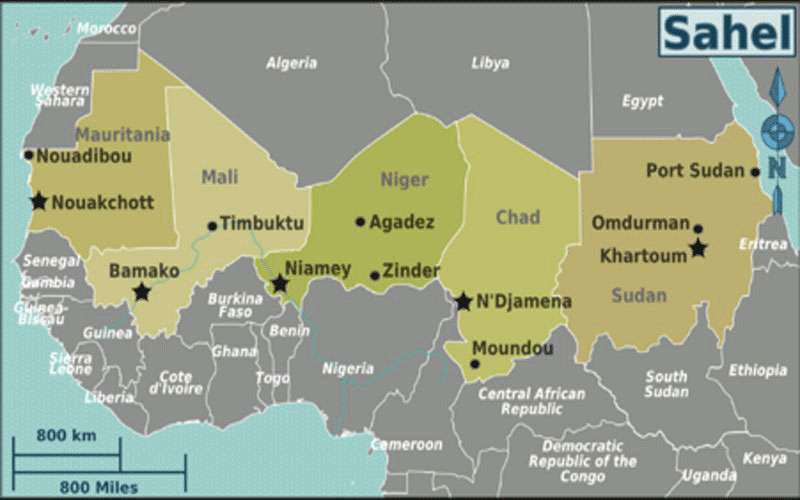Ouagadougou, 17 January, 2020 / 8:35 pm (ACI Africa).
Some days after France and five Sahel nations in Western Africa met and agreed early this week to advance their military cooperation in the fight against jihadist insurgency destabilizing the countries of the region, a West African-based official of the humanitarian arm of the United States Conference of Catholic Bishops (USCCB), Catholic Relief Services (CRS) has underscored the need for stakeholders “to address the root causes of the conflict” even as military interventions are being considered.
On Monday, January 13, leaders of France, Niger, Mali, Burkina Faso, Chad and Mauritania met in France’s northwestern town of Pau to discuss military cooperation in the Sahel region. The six Presidents agreed to put their forces under a single entity dubbed “the Coalition for the Sahel.”
“Beyond a military intervention, we need to address the root causes of conflict such as extreme poverty, high youth unemployment, a lack of education – all of which have led to an erosion of a once strong social fabric,” CRS Director for West Africa, Jennifer Overton has said in a statement sent to ACI Africa Thursday, January 16.
In the statement, the regional CRS official raised concerns about the social welfare of people in the Sahel region saying, “despite military investments, many citizens are left without protection in the midst of serious security risks.”
“We are very concerned for all people affected by the escalating humanitarian crisis in the Sahel region,” Ms. Overton said and added, “citizens have been forced from their homes, attacked and killed as a result of escalating violence. The needs for food, water and shelter are enormous and continue to grow.”








